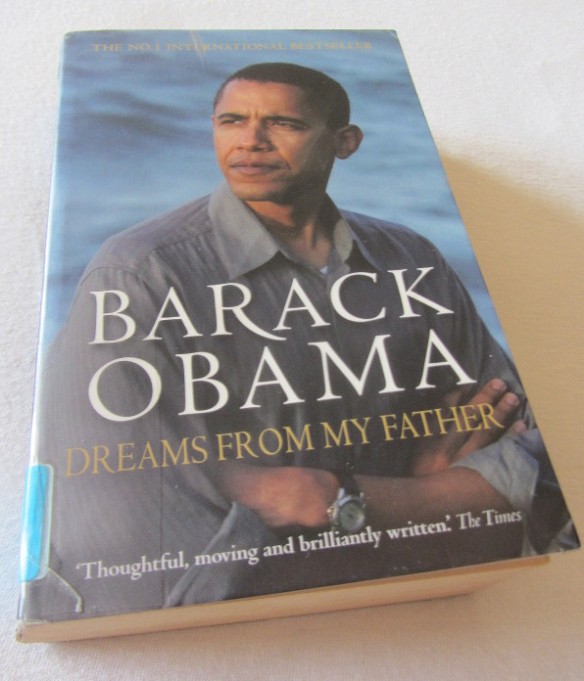Popular science, novels, some bestsellers, and more novels coined the rest of 50BooksChallenge 2014
A Hologram for the King – Dave Eggers
Since “The Circle” by Eggers was still a demanded bestseller in my library, I passed the time waiting for “The Circle” by reading “A Hologram for the King”. The story is simple – as is the key message. Alan Clay, project manager in a US technology company, is sent to the Arabian desert to get a contract with the Saudi King Abdullah; exclusive rights for his company to supply the King’s dream city in the desert with technology.
At first, it seemed kafkaesk because the King never appears. That gives time to reflect on Alan’s past of his life and to get to know how often and thorough Alan failed or was overtaken by the development of the time.
Even in the small private or business situations Alan is pictured as a loser – someone that can’t get a grasp of the situation. Poor guy … somehow funny. A quick read after all.
The Circle – Dave Eggers
In a near dystopian future: The female protagonist starts working for an uprising and growing technology company. However, the products and services of that company erase more and more privacy, bring people to put private matters public, any piece of information gets connected with other pieces, personal information is commercialized, personal data is used to help the police solving or even preventing crimes, surveillance is spread, and so on.
The similarities with actual internet/tech companies are not coincidental but intended. An obvious word play is the title itself – since the social network of one of the biggest tech companies is organised in “circles” 😉
As in a hologram for the King”, the message is clear. While reading, the appeal jumps into one’s face. This novel is not about a near dystopian future, it is closer to reality than good for us …
Blackout – Marc Elsberg
A very well researched novel about what might happen during an electricity takedown in Europe. A terrorist induced blackout continues for several days. The reader travels with the major and minor protagonists through the possible horror scenarios in European cities w/o electricity. The start of the book was great, somehow it loses its speed and tension half-way through the book, however, the “end-on-an-ending” brought me back again into the tension. Surely a good read, very realistic, educating, and awakening awareness of how dependent we all are on electricity – what we consider as standard could be gone tomorrow … are we prepared for a major power outtake?
Darm mit Charme – Guilia Enders
This book was hyped to a bestseller. Maybe because it breaks with a taboo by talking about the intestines that you usually not talk about. It’s not only about the stomach, but the complete way from eating to … you know … going to the toilet. The book taps a bit into popular science, but also uses lots of medical terms that go beyond school biology. On other parts, it gets down to a low level that even kindergarten kids would grasp it – and giggle. the witty and funny metaphors as well as joking sentences in the book brought also me to giggles and clapping in appreciation. A nice read! Unfortunately, not much that sticks in my memory because of medical terms that are hard to grasp. However, worth waiting for. After all, you will be educated with a smile on your face. Unless you are an endocrinologist – in that case, you will only smile 😉
Herr aller Dinge – Andreas Eschbach
Bit slow in the beginning, however, getting more tense and interesting after a third/half the book. I enjoyed reading my favourite German Sci-Fi author again – how long has it been since I touched a book of his? Well researched, some turnovers and surprises … it also brought inspiration for my book queue of 2015


